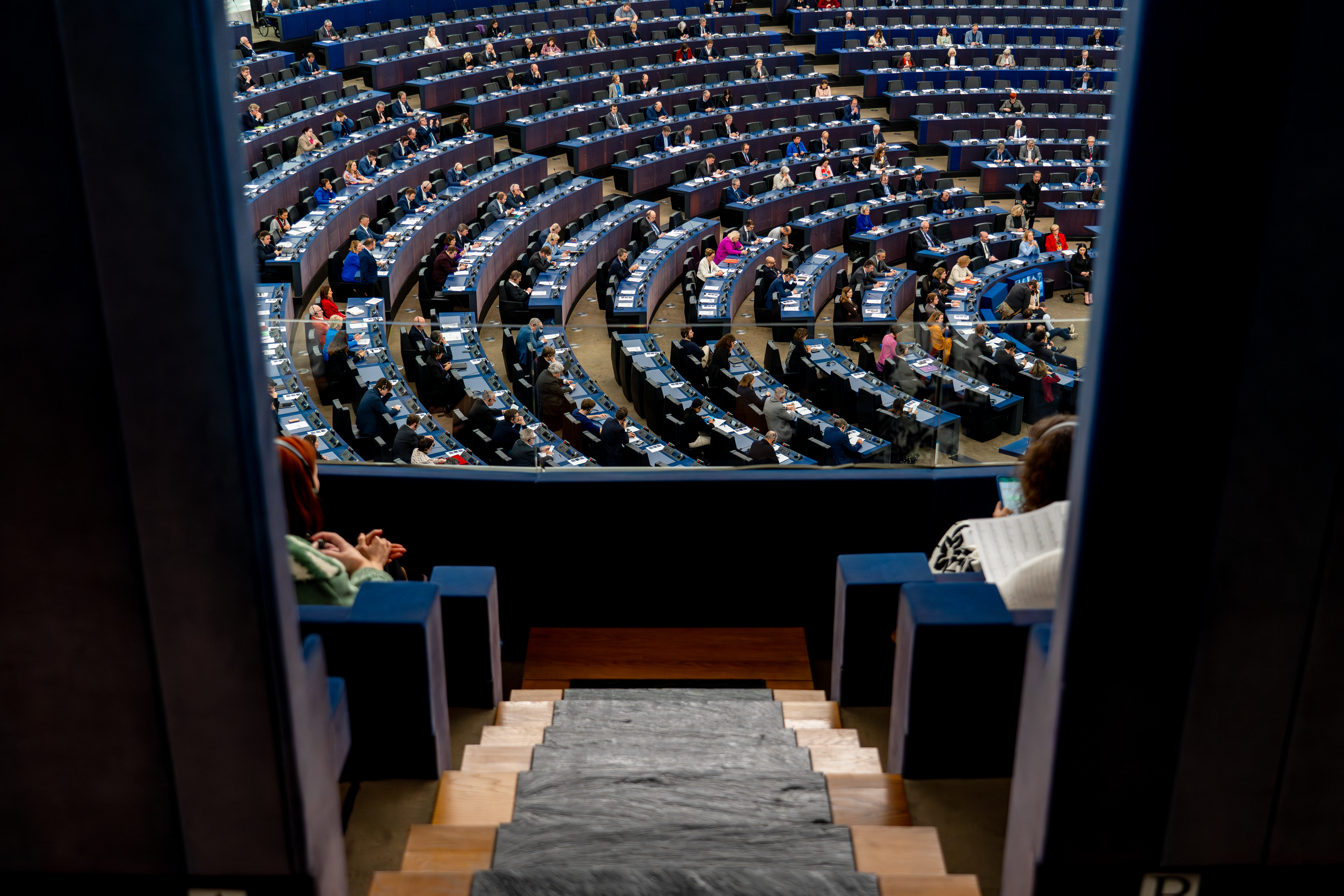The commission of European Union bishops’ conferences denounced a resolution by the European Parliament to include the right to abortion in the bloc’s Charter of Fundamental Rights.
“Abortion can never be a fundamental right,” a Comece statement said. “The Charter of Fundamental Rights of the EU cannot include rights that are not recognised by all and are divisive.”
The statement quoted the recent Vatican document Dignitas Infinita: “This defence of unborn life is closely linked to the defence of each and every other human right … Once this conviction disappears, so do solid and lasting foundations for the defence of human rights, which would always be subject to the passing whims of the powers that be.”
In Rome, Archbishop Vincenzo Paglia, president of the Pontifical Academy for Life, said the resolution was a “significant cultural regression” and an example of the “right of the stronger”. He added: “It's crucial to support pregnant women comprehensively.”
The motion was moved by several left and centrist factions on 11 April, winning 336 votes in favour with 163 against and 39 abstentions. The centre-right European People’s Party was split, with 70 against, 43 for and 11 abstentions while more conservative groups generally opposed it.
France began the latest efforts to strengthen abortion laws with its vote on 4 March to write this “guaranteed freedom” into its constitution, a reaction to the US Supreme Court’s revocation of such rights in 2022.
The EU’s requirement that all 27 member states must accept the resolution blocks any official action, as Poland and Malta maintain strict legal limits on abortion.
The Polish parliament opened the prospect of legal reform on 12 April by approving for consideration four bills to expand access to abortion. However, there remains significant opposition to liberalisation in Poland, where bishops made 14 April “a day of special prayer in defence of the unborn” and several thousand people attended that Sunday’s March for Life in Warsaw.
Germany seen debate over its present law, which criminalises abortion but permits it in the first 12 weeks of pregnancy after consultation. Abortion in the event of rape or medical problems is allowed up to 22 weeks if a doctor performs it.
A new report for the centre-left government advises decriminalising the procedure and allowing lawmakers to set specific time limits.
Bishop Georg Bätzing of Limburg, the president of the bishops’ conference, opposed the proposals. “At the moment we see no need to change criminal law so that abortions are removed from it,” he said.



 Loading ...
Loading ...